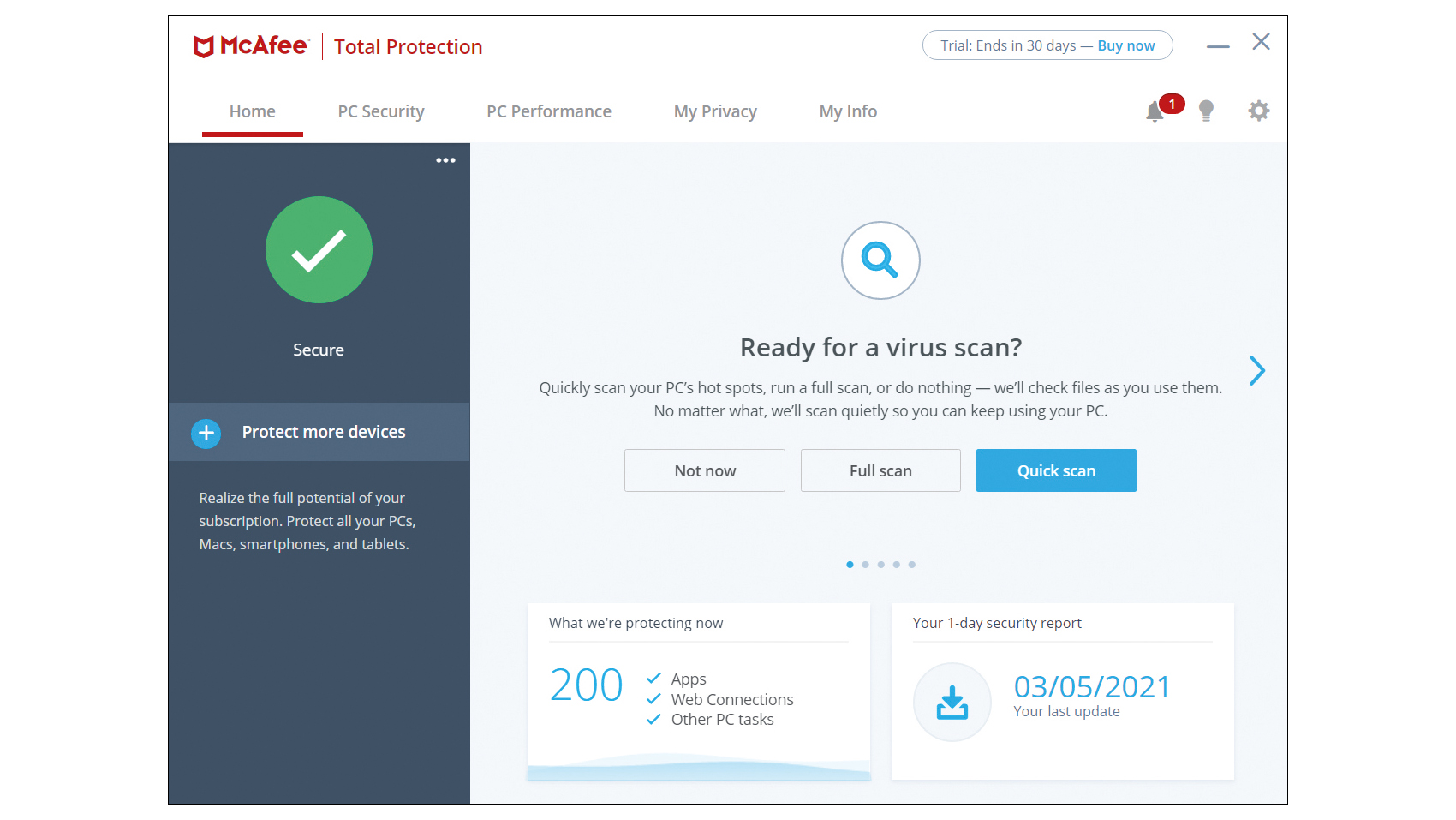McAfee uncovers Europe-wide bank fraud scam
Security vendor hails discovery of malware-mediated bank fraud in new report.

Security vendor McAfee claims a malware-mediated banking fraud ring has attempted to steal up to 2 billion from accounts in Europe, the United States and Columbia.
In a report, co-authored by McAfee and bank security specialist Guardian Analytics, it is claimed the fraudsters used Zeus and SpyEye malware to siphon off large sums of money from high balance accounts across the globe.
The attack moves quickly and seems worthy of the term 'organised crime'.
However, unlike other Zeus and SpyEye mediated banking scams, this one is far more sophisticated and scalable, the report claims.
"Unlike standard attacks that typically feature live and manual interventions, we have discovered at least a dozen groups now using server-side components and heavy automation," the report states.
"With no human participation required, each attack moves quickly and scales neatly...[and] combines an insider level of understanding of banking transactions systems that appears to be worthy of the term organised crime'."
The report, entitled Dissecting Operation High Roller, includes case studies from different countries where the banking scam has been detected.
Get the ITPro daily newsletter
Sign up today and you will receive a free copy of our Future Focus 2025 report - the leading guidance on AI, cybersecurity and other IT challenges as per 700+ senior executives
In Germany, the hackers targeted 176 accounts whose collective balances exceeded 8 million.
Meanwhile, in the Netherlands, more than 5,000 business accounts were compromised, with the fraudsters attempting to make off with 35.6 million.
During an attack in Colombia, more than a dozen businesses were attacked and each of them had an account balance of between US$500,000 and US$2 million.
David Marcus, director of security research at McAfee, said the report's findings show that cloud-based services are becoming increasingly popular attack targets for fraudsters.
"Building on established Zeus and SpyEye tactics, this [banking fraud] ring adds many breakthroughs, [including] bypasses for physical chip and pin' authentication, automated mule account databases, server-based fraudulent transactions, and attempted transfers to mule business accounts as high as 100,000," said Marcus in a blog post.
-
 Should AI PCs be part of your next hardware refresh?
Should AI PCs be part of your next hardware refresh?AI PCs are fast becoming a business staple and a surefire way to future-proof your business
By Bobby Hellard
-
 Westcon-Comstor and Vectra AI launch brace of new channel initiatives
Westcon-Comstor and Vectra AI launch brace of new channel initiativesNews Westcon-Comstor and Vectra AI have announced the launch of two new channel growth initiatives focused on the managed security service provider (MSSP) space and AWS Marketplace.
By Daniel Todd
-
 McAfee and Visa offer 50% off antivirus subscriptions for small businesses
McAfee and Visa offer 50% off antivirus subscriptions for small businessesNews UK Visa Classic Business card holders can access the deal starting today
By Zach Marzouk
-
 McAfee Total Protection review: Expensive at full price
McAfee Total Protection review: Expensive at full priceReviews Protects your PC and includes a decent firewall, but costly and less effective than some rivals
By K.G. Orphanides
-
 McAfee Total Protection review: Quick, effective and affordable
McAfee Total Protection review: Quick, effective and affordableReviews A solid security choice, with perfect malware protection, a fully functional VPN and more
By ITPro
-
 McAfee’s zero trust solution strengthens private applications’ security
McAfee’s zero trust solution strengthens private applications’ securityNews MVISION Private Access grants secure access to private resources from any device or location
By Praharsha Anand
-
 PowerShell threats increased over 200% last year
PowerShell threats increased over 200% last yearNews A new McAfee report finds PowerShell attacks driven largely by Donoff malware.
By Rene Millman
-
 McAfee to sell enterprise business to STG for £2.8 billion
McAfee to sell enterprise business to STG for £2.8 billionNews The enterprise business will be rebranded, with McAfee focusing on personal security
By Daniel Todd
-
 Has the US government finally nabbed John McAfee?
Has the US government finally nabbed John McAfee?News Official Twitter account claims notorious tech tycoon has been “detained by authorities”
By Adam Shepherd
-
 John McAfee ordered to pay $25 million over neighbour's murder
John McAfee ordered to pay $25 million over neighbour's murderNews Controversial figure insists that he will not pay
By Adam Shepherd